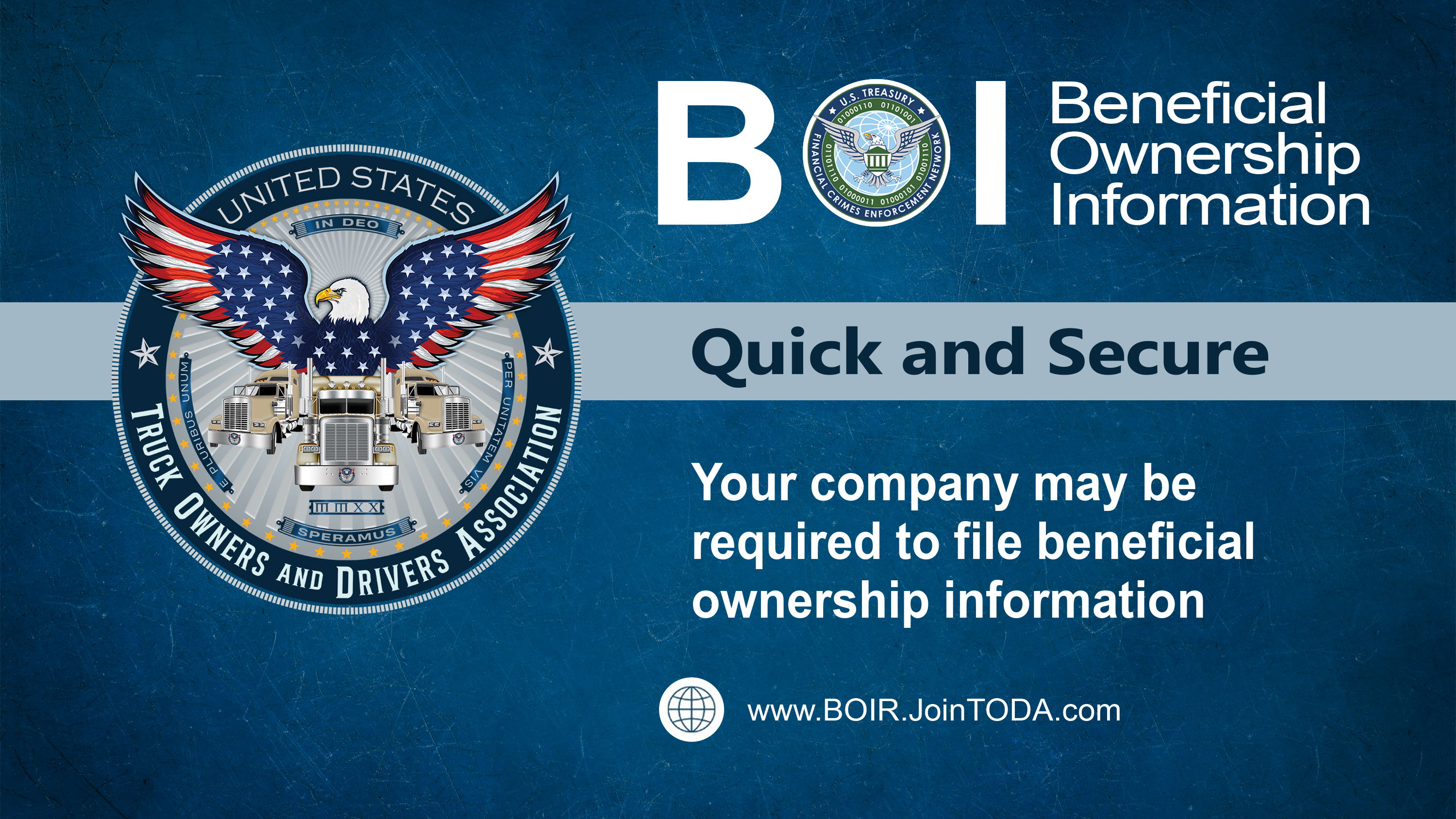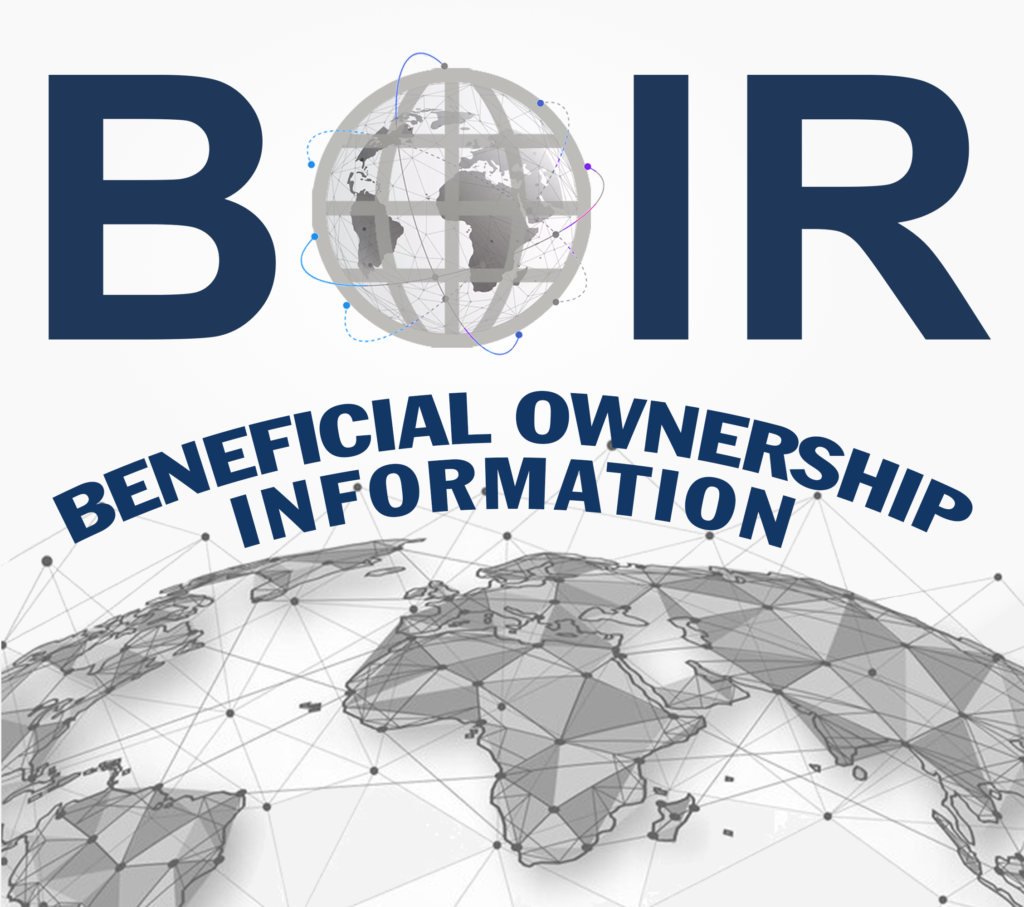It’s concerning that many businesses remain unaware of the obligation to file a Beneficial Ownership Report under the Corporate Transparency Act. What happens if your business misses this crucial requirement?
Many businesses remain unaware of the obligation to file a Beneficial Ownership Information (BOI) Report under the Corporate Transparency Act (CTA). Non-compliance can lead to significant penalties. Civil fines may reach up to $591 per day for delayed filings, while willful failures or false reporting can result in criminal fines up to $10,000 and imprisonment for up to two years. The Financial Crimes Enforcement Network enforces these requirements, with most companies required to file by March 21, 2025. Ensuring timely and accurate BOI reporting is crucial to avoid these severe consequences.
Key Points
Compliance Growth
Treasury Secretary Janet Yellen confirmed that over 100,000 companies have complied with the new Beneficial Ownership Information (BOI) Reporting Rule since January 1, 2024.
Registration Target
A substantial increase in registrations is needed to reach the projected 32.6 million reporting companies within the first year.
Enhanced Transparency
The BOI Reporting Rule is designed to improve financial transparency and expedite investigations into illicit activities by requiring companies to disclose beneficial ownership details.
The Corporate Transparency Act
Enacted in January 2021, aims to enhance business transparency by requiring companies to disclose their true owners through a Beneficial Ownership Information (BOI) report. This law is intended to combat financial crimes such as money laundering and illicit activities by preventing the misuse of anonymous entities.
As a result, businesses must ensure timely compliance with BOI reporting requirements. However, initial registration numbers are significantly lower than expected, with only 100,000 companies having submitted their reports so far, well below the projected figures for the first year.
Deadlines for Filing Beneficial Ownership Information Report
Businesses are required and must be aware of the deadlines for filing the Beneficial Ownership Information (BOIR) report under the Corporate Transparency Act. The Financial Crimes Enforcement Network has extended the filing deadline for most companies to March 21, 2025. However, reporting deadlines vary depending on the company’s formation date and specific circumstances. For instance, companies formed after January 1, 2025, have 30 days to file their initial BOI report. It’s crucial for businesses to determine their specific reporting obligations.
Beneficial Ownership Report Filing Dates
Understanding the filing deadlines for the Beneficial Ownership Information (BOI) Report under the Corporate Transparency Act (CTA) is crucial for compliance. The key deadlines are as follows:
Existing Companies
Entities created or registered before January 1, 2024, must file their initial BOI reports by March 21, 2025.
Newly Formed Companies
Entities created or registered on or after January 1, 2025, are required to submit their initial BOI reports within 30 calendar days of receiving actual or public notice that their creation or registration is effective.
It’s essential for businesses to adhere to these deadlines to ensure compliance and avoid potential
Penalties for Non-Compliance with the Corporate Transparency Act
Many businesses remain unaware of their obligation to file a Beneficial Ownership Information (BOI) report under the Corporate Transparency Act (CTA). Non-compliance can lead to significant penalties, including civil fines of up to $591 per day and criminal fines up to $10,000, along with potential imprisonment for up to two years. Despite outreach efforts by the Financial Crimes Enforcement Network, such as the publication of an educational toolkit, many businesses are still uninformed about these requirements. This highlights the urgent need for enhanced communication to ensure all businesses understand and comply with the law.
Unaware of Beneficial Ownership Reporting
Secretary of Treasury underscored the urgent need to strengthen regulations to prevent the United States from becoming a center for illicit financial activity. She stated, “We’re closing a loophole and sending a clear message: The United States is not a haven for dirty money.”
Despite the new Beneficial Ownership Information (BOI) Reporting Rule taking effect on January 1, 2024, only 100,000 businesses have complied so far. This slow adoption raises concerns about meeting the anticipated 32.6 million registrations within the year. The gap between actual filings and expectations highlights the need for increased awareness and compliance efforts to ensure businesses fulfill their legal obligations. Government agencies, including FinCEN, continue outreach efforts, but many companies remain uninformed about the requirements. Strengthening enforcement and education is essential to achieving financial transparency and deterring illicit activities in the U.S. financial system.

Outreach Efforts for BOIR Compliance
To assist businesses in complying with the Corporate Transparency Act (CTA), the Financial Crimes Enforcement Network has initiated several educational initiatives. These include webinars, partnerships with federal and state agencies, and the release of a comprehensive Beneficial Ownership Information (BOI) Reporting Outreach and Education Toolkit. This toolkit provides resources to help small business owners understand their reporting obligations.
Despite these efforts, initial registration numbers have fallen short of expectations. As of December 2, 2024, approximately 10 million businesses have submitted their BOI reports, significantly below the projected 32.6 million registrations anticipated for the year. This underscores the importance of continued outreach and education to ensure all businesses are aware of and comply with their BOI reporting requirements.
Navigating the Regulatory Maze: Corporate Transparency Act Compliance
Despite the complexities of compliance, businesses can rely on Truck Owners and Drivers Association for support. Through Truck Owners and Drivers Association Global Network, the association is dedicated to assisting companies in meeting their regulatory obligations worldwide. Truck Owners and Drivers Association simplifies the registration process, making it easier for businesses to achieve seamless compliance with the new Beneficial Ownership Information (BOI) reporting requirements.

Heavy Compliance Burden on Small Trucking Businesses Compared to Other Industries
Operating a small trucking business entails a significantly higher regulatory compliance burden compared to many other industries, primarily due to the multifaceted nature of federal and state-specific requirements.
Federal Compliance Requirements
- Licensing and Registration: Trucking companies must obtain a USDOT Number from the Federal Motor Carrier Safety Administration (FMCSA), which involves completing the Unified Registration System (URS) and adhering to safety and operational standards.
- Safety and Maintenance Standards: Compliance with the Compliance, Safety, and Accountability (CSA) program mandates regular vehicle maintenance, driver fitness assessments, and adherence to hours-of-service regulations to ensure road safety.
- Environmental Regulations: Trucking businesses must meet stringent emissions standards, often requiring investment in newer, cleaner technologies to reduce environmental impact.
- Interstate Commerce Plans and Programs: International Registration Plan (IRP) and the International Fuel Tax Agreement (IFTA) federal requirements implemented by States, not only add up to the overall regulatory burden on trucking companies compared to other industries and sectors, it also includes financial constraints of timely payment of apportioned vehicle registration fees and fuel taxes across multiple jurisdictions. Carriers must register their vehicles and file quarterly fuel tax reports, ensuring taxes are appropriately allocated to each state traveled.
- Internal Revenue Service – Heavy Vehicle Use Tax: A weight class based trucks with weighing limits from 55000 lbs to more than 75000 lbs file and pay, use of heavy vehicle tax to IRS.
State-Specific Compliance Challenges
- Taxation and Permitting: Operating across multiple states necessitates understanding and complying with diverse tax obligations, including income, franchise, and fuel taxes. Each state may have unique registration and filing requirements, adding to the administrative burden.
- Licensing and Permits: States may impose specific permits for transportation, especially when hauling particular goods or operating vehicles exceeding standard weight limits. Navigating these varying requirements demands meticulous attention to detail.
- Weight Distance Tax and State Property Tax on Trucks traveling across States: Several States impose additional taxes based on factors like mileage driven and weight carried through specific states along with valuation of vehicles crossing through states.
Comparative Industry Analysis
In contrast, industries such as technology or retail primarily contend with federal regulations related to data protection, labor laws, and financial reporting, which, while complex, are more uniform across states. The trucking industry’s necessity to comply with both federal and a myriad of state-specific regulations results in a compounded compliance burden.
Operational and Financial Implications
- Resource Allocation: Small trucking companies often need to allocate substantial resources to monitor and adhere to the evolving regulatory landscape, which can detract from focusing on core business operations.
- Financial Strain: The cumulative costs associated with compliance—ranging from administrative expenses to potential fines for non-compliance—can be particularly taxing for small businesses with limited budgets.
In summary, the regulatory environment for small trucking businesses is notably more demanding compared to many other sectors, due to the dual necessity of meeting comprehensive federal standards and navigating a complex web of state-specific regulations. This multifaceted compliance landscape requires diligent management to ensure both legal adherence and operational efficiency.
The Truck Owners and Drivers Association is committed to assisting its members in navigating the complexities of the Corporate Transparency Act (CTA) compliance. Our comprehensive support offers several key benefits:
- Efficiency: Truck Owners and Drivers Association streamlines the Beneficial Ownership Information (BOI) reporting process, reducing administrative burdens and allowing members to focus on their core operations.
- Accuracy: Our expertise ensures that all submissions meet the stringent requirements set forth by the Financial Crimes Enforcement Network, minimizing the risk of errors and potential penalties.
- Timeliness: We keep members informed of critical deadlines, such as the March 21, 2025 filing date for most companies, ensuring timely compliance.
Comprehensive Support
We encourage members to join and associate with Truck Owners and Drivers Association Global Network to learn how together we can facilitate compliant and thrive professionally.
The CTA plays a vital role in enhancing business transparency and combating financial crimes.
However, many businesses remain unaware of their obligations under this law. Ongoing education and support are essential to ensure compliance, thereby safeguarding our financial system and national security.
By partnering with Truck Owners and Drivers Association, members can achieve compliance effectively, contributing to a safer and more profitable business environment for all stakeholders.








